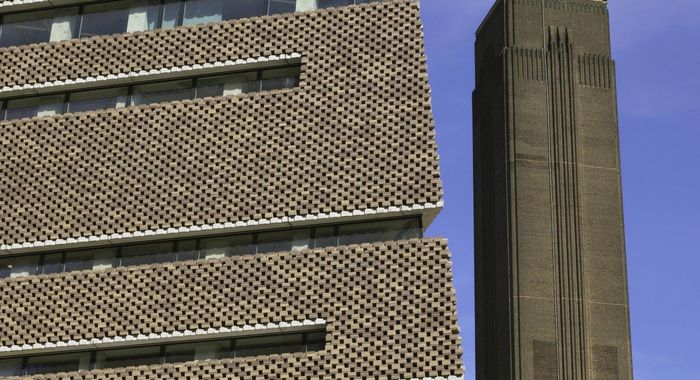Tate Britain: Life Between Islands
Running alongside Tate Britain’s Life Between Islands, a landmark showcase of seventy years of Caribbean-British art, we worked as their media partner to bring heritage stories from the community back onto the streets of London, creating a city-wide street exhibition. Having received universal acclaim, Life Between Islands explored "the work of artists from the Caribbean who made their home in Britain, alongside other British artists whose work has been influenced and inspired by Caribbean themes and heritage." Centring around the formations of community and identity, it celebrated visionary artists, photographers, designers and creatives who have altered the course of British culture and transformed contemporary society through their practices.

